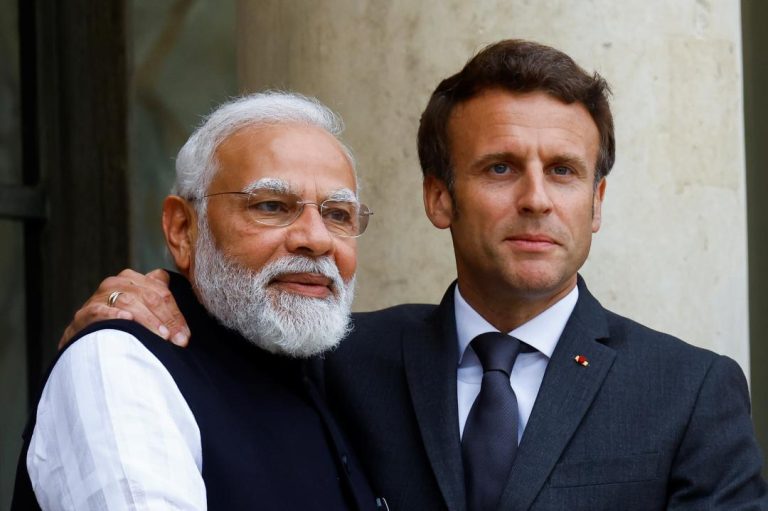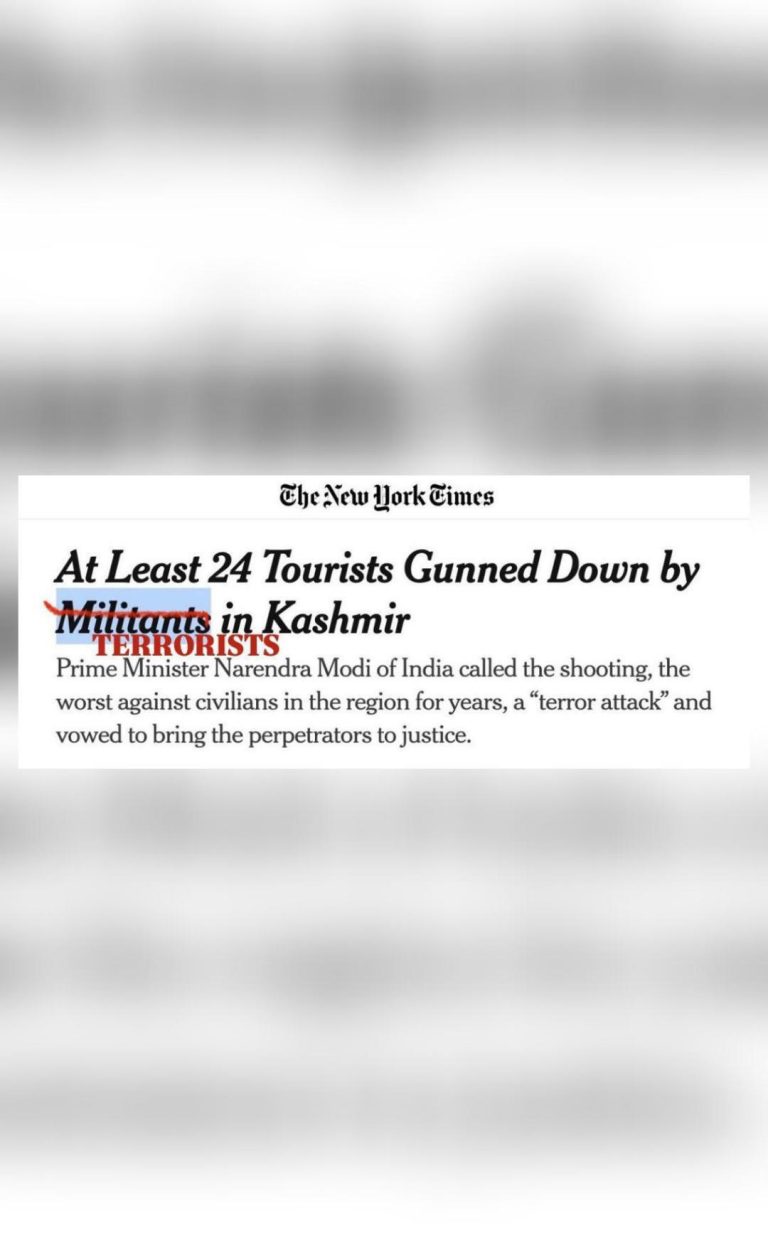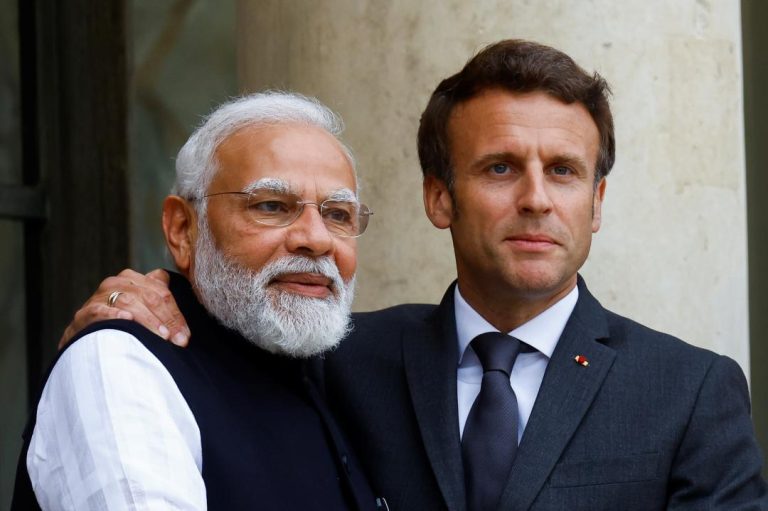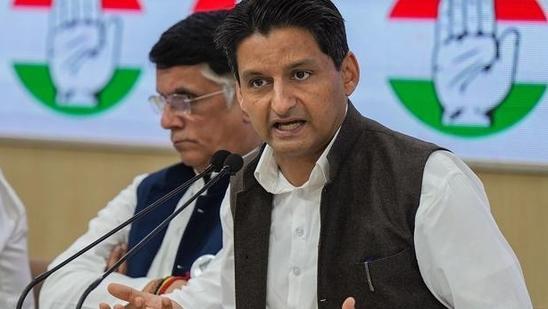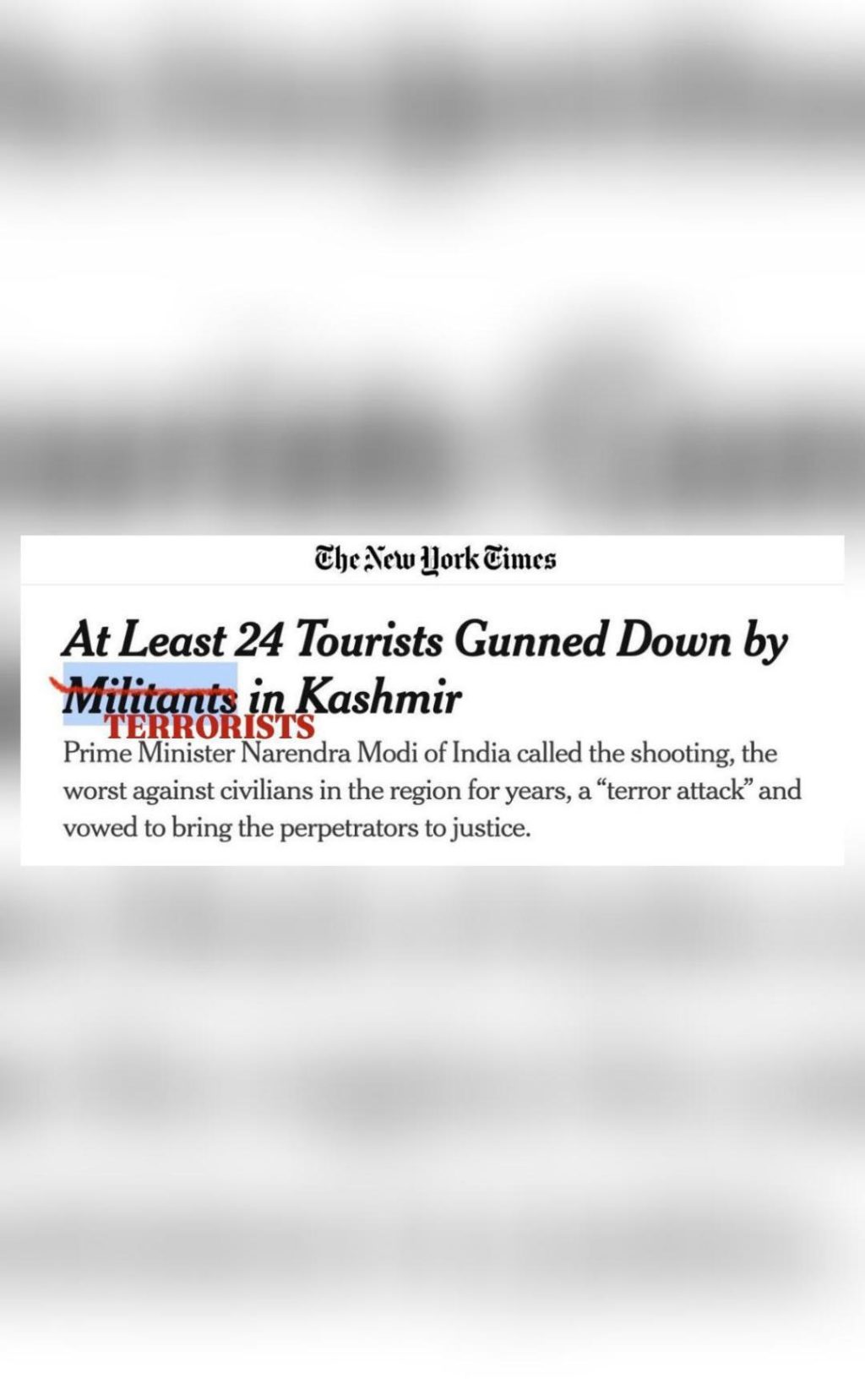
Title: Hey NYT, fixed it for you: US committee after news portal calls J&K terrorists ‘militants’
The world is constantly evolving, and with it, the way we label and categorize various events and entities. However, sometimes this labeling can be misleading or inaccurate, leading to confusion and even frustration. A recent incident involving the US House Committee on Foreign Affairs and the New York Times (NYT) highlights this issue. On November 15, 2022, the committee shared a tweet that has sparked a heated debate on the use of language in reporting.
The tweet in question features a screenshot of an NYT article, which refers to the terrorists behind an attack in Pahalgam, Jammu and Kashmir, as “militants.” The US House Committee on Foreign Affairs responded with a tweet of their own, saying, “Hey NYT, we fixed it for you…This was a TERRORIST ATTACK plain and simple…Whether it’s India or Israel, when it comes to TERRORISM, NYT is removed from reality.” The post included a link to the original article, which has since been deleted.
The initial article in question appears to have labeled the attackers as “militants” without providing further context or explanation. This labeling is problematic because it downplays the severity and nature of the attack. The term “militant” often implies a political or ideological motivation, which may not be entirely accurate in this case. The attack in Pahalgam was a clear act of terrorism, with the perpetrators targeting innocent civilians and causing harm.
The US House Committee on Foreign Affairs’ response highlights the importance of accurate language in reporting. The use of the term “militant” can be seen as a euphemism for terrorism, which can lead to a lack of understanding and empathy from readers. By labeling the attack as a “terrorist attack,” the committee is emphasizing the gravity and severity of the situation. This labeling also acknowledges the political and ideological motivations behind the attack, which are often key factors in understanding the context and implications of such events.
The response from the committee also raises questions about the role of language in shaping our perceptions and understanding of global events. The use of certain words or phrases can influence how readers interpret and respond to information. In this case, the labeling of the attack as a “terrorist attack” may have shifted the focus from the political or ideological motivations behind the attack to the harm caused to innocent civilians.
The debate surrounding the use of language in reporting is not new. Journalists and media outlets have long grappled with the issue of how to accurately and fairly report on sensitive and complex topics. The use of euphemisms, for example, can be seen as a way to avoid offending certain groups or individuals. However, this approach can also lead to a lack of transparency and accuracy in reporting.
The response from the US House Committee on Foreign Affairs highlights the need for media outlets to be more mindful of the language they use when reporting on sensitive topics. The committee’s tweet serves as a reminder that the use of accurate and clear language is essential for conveying the severity and gravity of global events.
In conclusion, the debate surrounding the use of language in reporting is an ongoing issue that requires careful consideration and attention. The response from the US House Committee on Foreign Affairs serves as a reminder of the importance of accurate and clear language in conveying the severity and gravity of global events. The labeling of the attack in Pahalgam as a “terrorist attack” highlights the need for media outlets to be more mindful of the language they use when reporting on sensitive topics.
As the world continues to evolve, it is essential that we remain vigilant in our use of language and strive to convey accurate and clear information to the public. The use of euphemisms or misleading labeling can have serious consequences, leading to a lack of understanding and empathy from readers. By using accurate and clear language, we can better convey the gravity and severity of global events and work towards a more informed and engaged public.
News Source:
https://x.com/HouseForeignGOP/status/1914843415793095043
